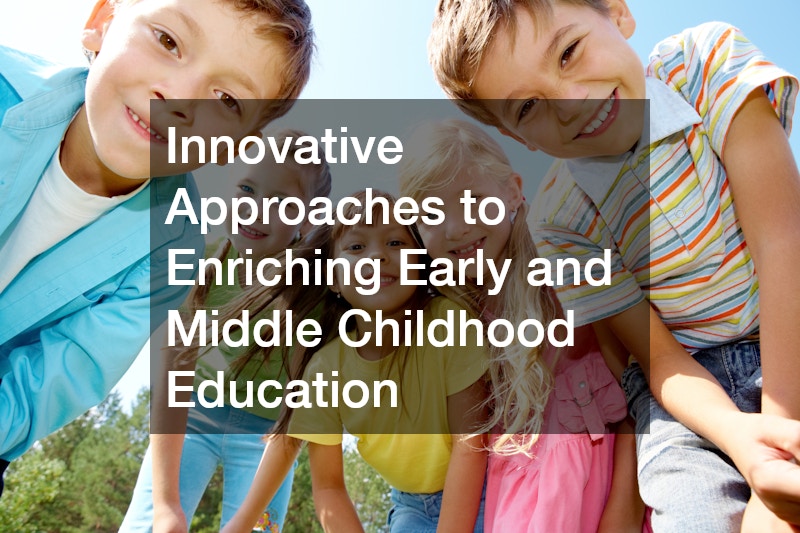The landscape of childhood education is rapidly evolving, driven by a growing understanding of how young learners acquire knowledge, develop skills, and thrive. Educators and parents alike are moving beyond traditional methods focused solely on memorization, seeking strategies that nurture cognitive, social, emotional, and physical growth. Early and middle childhood represents a critical period in a person’s life—these formative years lay the foundation for lifelong learning, self-confidence, and well-being. During this stage, children develop essential abilities that shape their academic success, social interactions, and personal growth well into adulthood.
Modern educational approaches emphasize holistic development. Learning environments are increasingly designed to support not only intellectual growth but also emotional resilience and physical wellness. This can include creative play, problem-solving activities, collaborative projects, and exercises that build emotional intelligence. Parents are recognized as essential partners in the learning process, with access to strategies and resources that allow them to reinforce development at home.
The integration of technology, flexible learning models, and specialized programs enables educators to meet diverse learning needs while maintaining high levels of engagement. Extended learning opportunities, including enrichment programs outside of standard school hours, allow children to explore new interests, develop talents, and build confidence.
This article explores a comprehensive approach to enriching early and middle childhood experiences. It provides practical, actionable strategies for caregivers and educators alike, ensuring that children not only achieve academically but also develop the skills, curiosity, and resilience necessary for long-term success. By applying these methods, families and learning communities can cultivate nurturing environments that support growth at every stage of childhood.
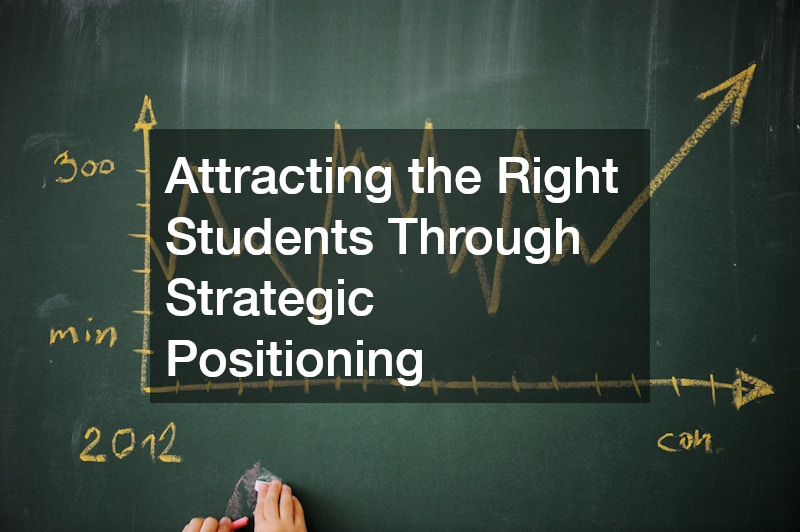
Attracting the Right Students Through Strategic Positioning
Marketing a private school effectively is a crucial step in building an educational environment that supports innovative learning. Schools that can communicate their unique value, teaching philosophy, and enrichment programs attract families who are aligned with their educational vision. Strategic positioning goes beyond simple advertising—it involves clearly conveying the school’s strengths, achievements, and approach to fostering holistic development.
To attract the right students, schools should highlight the innovative aspects of their programs. Showcasing project-based learning, creative arts integration, STEM initiatives, and social-emotional learning frameworks allows parents to understand how the school stands out. Virtual tours, informative open houses, and testimonials from parents and alumni provide tangible insights into the school culture and student experience. Digital marketing, including social media and targeted email campaigns, can amplify this message to reach families actively seeking high-quality educational environments.
Additionally, effective marketing emphasizes transparency and community engagement. Highlighting partnerships with local organizations, extracurricular enrichment programs, and leadership opportunities for students reassures families that their children will thrive academically and socially. By positioning a private school as an innovative, nurturing, and comprehensive educational option, administrators can attract students whose needs and aspirations align with the institution’s offerings. Ultimately, thoughtful marketing strengthens not only enrollment numbers but also the long-term cohesion and satisfaction of the school community.
Ensuring Comprehensive Physical and Emotional Wellness
A child’s ability to learn is intimately connected to their physical and emotional well-being, making comprehensive wellness programs essential in modern education. A childrens health associate plays a critical role in supporting these needs by monitoring developmental progress, identifying potential concerns, and collaborating with educators and families to implement proactive interventions.
Wellness initiatives extend beyond routine health screenings. Schools can integrate nutrition education, physical activity programs, mindfulness exercises, and mental health support into the daily schedule. For example, structured recess and movement breaks encourage physical activity, while classroom exercises focused on empathy and emotional regulation help children navigate social interactions effectively. Regular consultations with health professionals ensure that students with specific needs receive individualized support, whether through dietary accommodations, counseling, or physical therapy services.
By prioritizing comprehensive wellness, schools foster environments where children are better able to focus, engage, and thrive academically. This holistic approach recognizes that emotional resilience and physical health are as critical to learning outcomes as traditional instruction. Educators and parents working together with childrens health associates create a safety net that supports optimal development and encourages a positive, confident attitude toward learning.
Supporting Parents with Expert Advice
Parents are essential partners in the educational process, and providing them with actionable guidance can greatly enhance a child’s learning experience. A well-developed guide for parents equips families with the knowledge and strategies needed to reinforce skills learned at school and support emotional and social growth at home.
Parent guides can include practical advice on daily routines, homework support, social skill development, and enrichment activities. For example, parents may be encouraged to read daily with children, engage in hands-on science experiments, or incorporate arts and music into playtime. Workshops or webinars led by educators provide opportunities for parents to ask questions, learn best practices, and understand new educational approaches being implemented in classrooms.
Additionally, clear communication between schools and families ensures that parents remain informed about academic expectations, social-emotional milestones, and available resources. By actively involving parents and providing structured guidance, children benefit from a consistent and supportive environment that bridges home and school experiences. Ultimately, empowering parents strengthens the child’s overall development and fosters a collaborative community centered on learning and well-being.
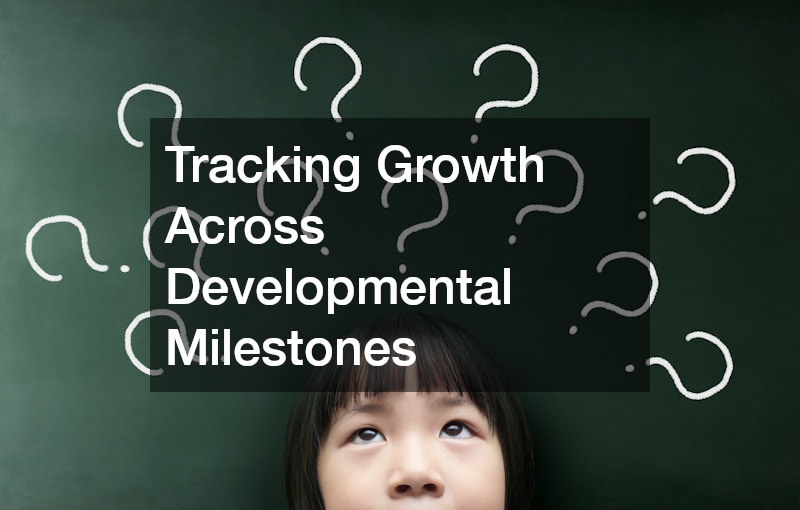
Tracking Growth Across Developmental Milestones
Monitoring children’s development is essential for creating personalized learning experiences that meet individual needs. Tracking children development allows educators and parents to identify strengths, address challenges, and implement targeted strategies that foster growth across cognitive, emotional, and social domains.
Teachers and administrators can use a combination of formal assessments, observational checklists, and portfolio-based evaluations to track progress. By documenting skills in areas such as literacy, numeracy, communication, problem-solving, and emotional regulation, schools can tailor instruction to meet each child’s unique learning trajectory. Early identification of learning difficulties or developmental delays allows for timely interventions, whether through specialized programs, tutoring, or collaboration with health professionals.
Progress tracking should also involve parents, providing clear feedback on milestones and actionable steps to reinforce learning at home. Setting short-term and long-term goals encourages children to take ownership of their development and fosters self-confidence. When growth is consistently monitored and nurtured, children are better prepared for academic challenges and social interactions, creating a solid foundation for lifelong learning.
Laying the Foundation with Early Childhood Programs
Preschool programs are the first structured learning experiences for many children and play a crucial role in shaping future academic and social success. Innovative preschool programs emphasize play-based learning, creativity, and hands-on exploration to engage children in meaningful, joyful learning experiences.
Teachers can implement STEM activities, arts integration, storytelling, and sensory experiences that encourage curiosity and problem-solving. Small group interactions foster collaboration and social skills, while flexible classroom arrangements allow for individualized attention. Parent engagement is also critical; involving families through workshops, take-home activities, and school events reinforces the learning that occurs in the classroom.
Early childhood programs also provide opportunities to develop emotional regulation and self-confidence. Children learn to navigate transitions, resolve conflicts, and express themselves constructively. By laying a strong foundation in these early years, preschools prepare children for the more structured academic environments they will encounter in kindergarten and elementary school.
Building Strong Academic Foundations in Primary Grades
Private elementary schools have the opportunity to enrich learning through project-based instruction, interdisciplinary lessons, and differentiated teaching strategies. These approaches allow students to explore concepts deeply, apply knowledge in real-world contexts, and develop critical thinking skills.
Teachers can design units that integrate science, technology, arts, and humanities, encouraging students to investigate, collaborate, and problem-solve. Differentiated instruction ensures that students with varying abilities are challenged appropriately, preventing both boredom and frustration. Social-emotional learning is also woven into daily routines, helping students develop resilience, empathy, and effective communication skills.
Professional development for teachers is critical to sustaining innovation. By staying current with research-based practices and emerging technologies, educators create learning environments that are both rigorous and engaging. Strong academic foundations in primary grades not only support immediate learning outcomes but also instill curiosity and confidence that propel students through later schooling.
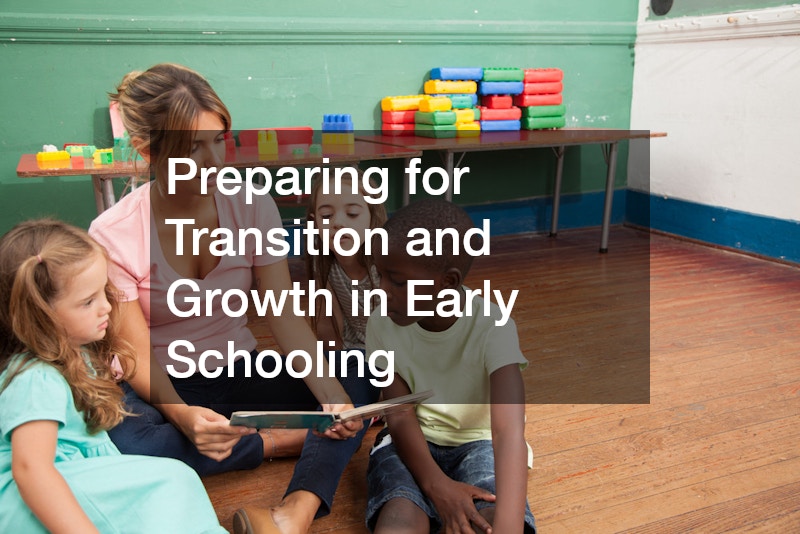
Preparing for Transition and Growth in Early Schooling
Kindergarten represents a critical transition from home-based learning to structured education, and strategies that support this adjustment are essential for success. Effective programs blend structured academic instruction with opportunities for exploration, creativity, and socialization.
Teachers can use hands-on learning, thematic units, and collaborative projects to introduce core concepts in literacy, numeracy, and science. Social-emotional support is equally important; children benefit from guidance in sharing, empathy, and self-regulation. Classroom routines, clear expectations, and consistent communication with parents help ease anxiety and foster a positive learning experience.
By creating a supportive and stimulating kindergarten environment, schools prepare children for future academic challenges while cultivating a love of learning. Early success in this stage builds confidence and establishes habits that support lifelong educational growth.
Expanding Learning Beyond the School Day
Afterschool programs provide valuable opportunities for enrichment, skill development, and social engagement beyond the traditional classroom. These programs can include STEM clubs, arts and music workshops, athletic teams, leadership development, and more.
High-quality afterschool programs reinforce concepts learned during the school day while offering children the freedom to explore new interests. They also provide additional supervision and structure for working families, ensuring that children engage in safe, meaningful activities. Educators can use afterschool programs to target specific developmental areas, from creative thinking to collaborative problem-solving.
By integrating enrichment into the extended day, children gain confidence, discover new passions, and develop interpersonal skills. Afterschool programs support both academic and personal growth, complementing classroom learning and fostering a well-rounded childhood experience.
Maintaining Engagement During School Breaks
Summer programs are an effective way to prevent learning loss while promoting enrichment, socialization, and physical activity during extended school breaks. Structured summer experiences can range from academic review to creative projects, outdoor adventures, and leadership camps.
Well-designed summer programs provide continuity of learning and reinforce skills acquired during the school year. They can also introduce students to new subjects, hobbies, and social contexts, broadening their experiences and interests. Collaboration between educators, parents, and program staff ensures that activities are safe, age-appropriate, and tailored to student needs.
Participation in summer programs supports not only academic development but also emotional and social growth. Children learn independence, teamwork, and problem-solving in environments that combine fun with purpose, creating a meaningful bridge between school years.
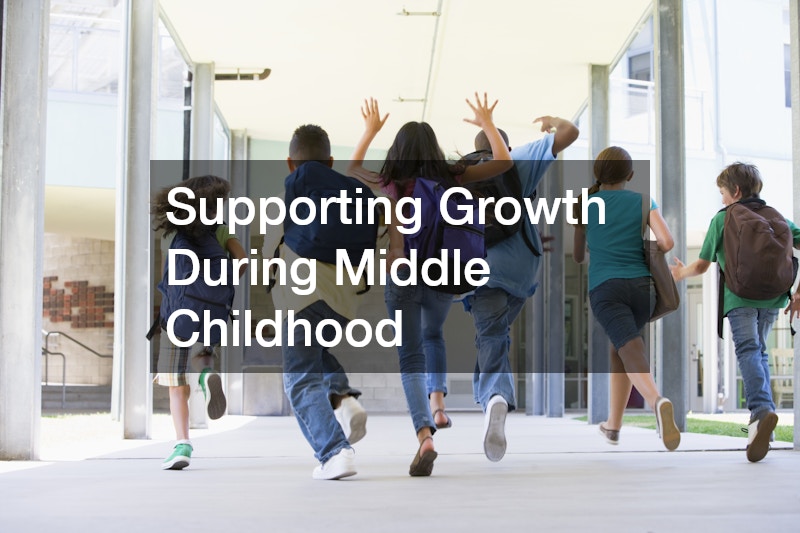
Supporting Growth During Middle Childhood
Private middle schools play a critical role in supporting children through early adolescence, a period of rapid cognitive, emotional, and social development. Innovative programs in middle schools focus on leadership, teamwork, interdisciplinary learning, and character development.
Educators can provide exploratory electives, project-based learning opportunities, and mentorship programs that allow students to pursue interests and develop specialized skills. Social-emotional learning continues to be emphasized, with programs designed to help students manage stress, navigate peer relationships, and build resilience. Individualized academic plans ensure that students are appropriately challenged while receiving support where needed.
By addressing the holistic needs of middle school students, private schools prepare children for the transition to high school and beyond. The focus on curiosity, self-discovery, and skill-building fosters a sense of ownership over learning, encouraging students to take initiative and develop confidence in their abilities.
Innovative approaches to early and middle childhood education have transformed the way we think about learning, development, and student engagement. By focusing on holistic growth, schools and families can create environments that nurture cognitive, social, emotional, and physical development simultaneously. From attracting the right students and supporting wellness to offering guidance for parents and tracking developmental milestones, these strategies provide actionable steps for enhancing educational outcomes at every stage of childhood.
Early childhood programs, including preschools and kindergartens, lay the groundwork for academic success while building social and emotional skills. Private elementary and middle schools further enrich learning with differentiated instruction, project-based activities, and interdisciplinary exploration. Extending learning through afterschool and summer programs ensures that children remain engaged, develop new interests, and continue progressing outside traditional classroom hours.
Equally important is the integration of health and wellness initiatives, social-emotional support, and parental engagement. Collaborating with childrens health associates, providing guides for parents, and offering tailored programs ensures that each child receives personalized attention that fosters confidence, resilience, and a love of learning.
Ultimately, a well-rounded, innovative educational approach recognizes that childhood learning is multifaceted. Schools, families, and communities working together can create environments where children thrive academically, emotionally, and socially. By prioritizing enrichment, wellness, and continuous growth, educators and parents equip children with the skills, knowledge, and experiences that will support their success for years to come. A commitment to innovation and holistic development ensures that children not only achieve academically but also flourish as well-rounded, capable, and confident individuals.

